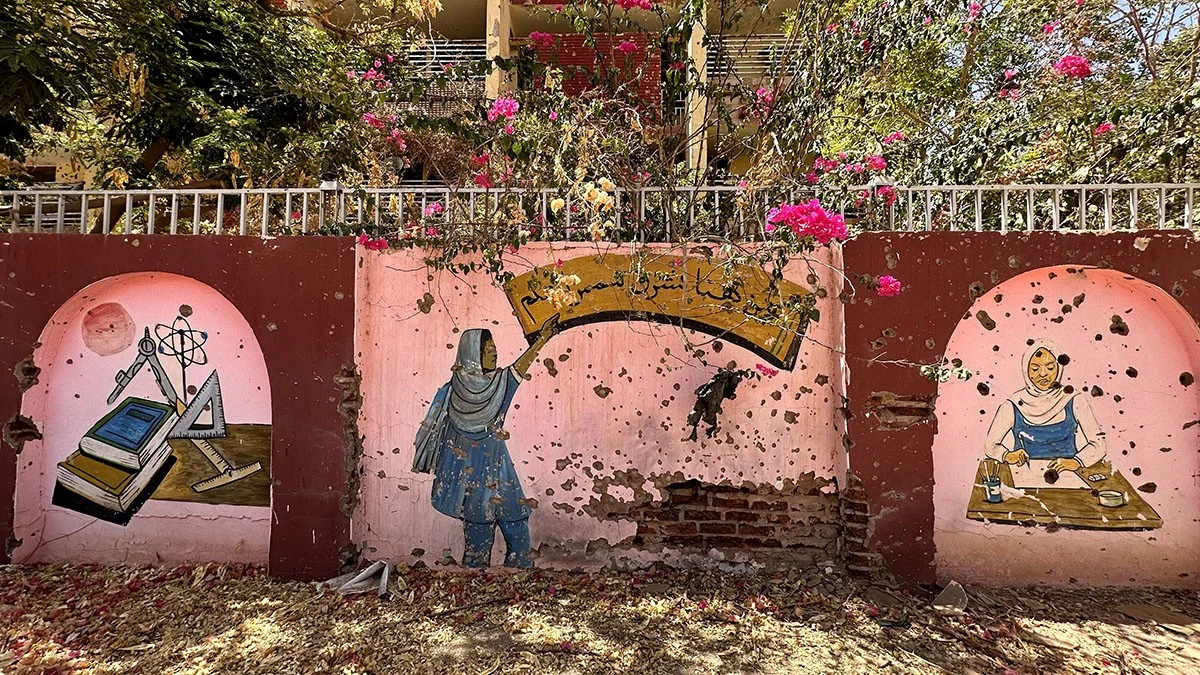On Wednesday, several children were injured and killed in various attacks in the city of El Obeid in the state of Kordofan, Sudan.
Five girls were reportedly killed and 20 children injured in attacks, during which shells hit Al-Khansa Secondary School for Girls, and a crowded marketplace.
On Sunday, a shell struck a UNICEF-supported child-friendly space in Al Hattana, Khartoum state, killing two boys and injuring at least 8 eight others. These attacks come in the wake of strikes against health facilities elsewhere in the country.
In Sudan, most schools remain closed for the second school year in a row. More than 17 million of the 19 million school-aged children are out of school. More than 110 schools and hospitals have been attacked since the beginning of the conflict, and hundreds of schools are used as shelters for the internally displaced, constraining access to education in areas where schools have been partially opened.
“Attacks on schools represent a grave violation against children. Such attacks disrupt and deprive children of their education. Schools provide a safe environment for learning, protecting vulnerable children from abuse and physical dangers “, says UNICEF Sudan Representative Sheldon Yett.
Since the war began in April 2023, thousands of children have been killed or injured. Many more have been exposed to other grave violations including sexual violence and recruitment or use in the conflict. A five-fold increase in grave violations against children was recorded from 2022 to 2023 and widespread grave violations continue to be verified in 2024.
UNICEF continues to call on all parties to end attacks on civilian facilities and infrastructure, including schools, hospitals and health centres, and take all measures to protect children in line with their obligations under International Humanitarian Law.
Sheldon Yett emphasizes: “Schools give children in the war-torn country a chance to learn, play with their friends, and help them cope with trauma. Attacks on schools, health facilities and other civilian objects must stop immediately.”






